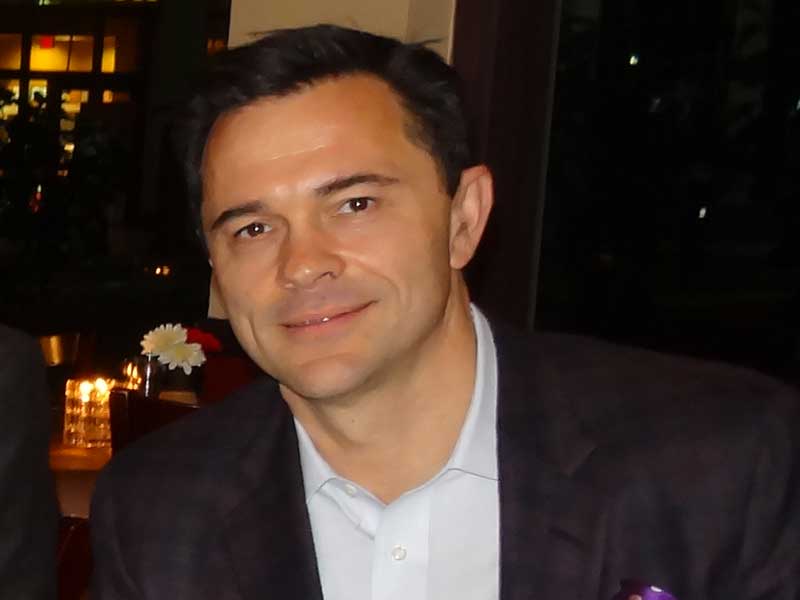Introduction
- Are you a deep thinker?
- Know your Aristotlian metaphysics from your Darwinian evolution?
- Want to have the opportunity to analyse Man’s ideas on creation?
Try the Warnborough MA in the History of Ideas – possibly the best idea you ever had!
The History of Ideas is a diachronic study of key ideas as they interact with each other in their journey through time.
The themes in the modules listed below include important milestones in the history of ideas. Thus, the impact of Darwin’s theories on biology has been compared to that of Newton on physics. Although Darwinism affected many different fields and disciplines, it should also be remembered that, when extrapolated to human society, it unfortunately gave us Social Darwinism, which, naturally, raises a whole host of moral and ethical issues. Darwin himself, for example, had a very low opinion of women’s intellectual abilities. Fortunately, one of the most positive developments of the last century has been the belated recognition of women’s rights and, in recent times, of their intellectual excellence.
Are myths and fables simply attempts by pre-industrial societies to explain cosmic reality or do they have a deeper significance?
Whether the Genesis account of creation should be interpreted literally or symbolically is a controversial question which still seems to generate more heat than light. Historically, a symbolic interpretation helped to remove the Catholic Church’s objections to accepting the concept of biological evolution.
However, evolution was not, originally, a biological concept and one wonders whether it can be applied to human history. Is the latter characterized by cyclical patterns and/or a linear progression (even if punctuated by temporary regressions)?
Key Info
Duration:
4 terms (16 months) minimum ^
Credits:
120 ECTS credits
Fees:
€85 per credit. €10,200 in total.
Start:
Monthly
Prerequisites:
Undergraduate degree in the same or related discipline

Graduates who are motivated to learn on their own, especially those seeking to enter professional academia or those with a real passion for intellectual history. Even if you do not have plans to move into the academic field, with a real interest in the subject matter you could make the perfect student!
This course really creates deep thinkers. Once you have completed the MA in the History of Ideas, your analytical skills will be much more adept and you will be able to move into many fields, including: teaching (most likely at the college level), course development and curricula design, research, civil service, local government, charities, information technology, solicitor’s firms, publishing, journalism, and so forth.
The modules given below should be regarded as guidelines, since the College does not exclude viable alternative themes proposed by students, subject to mentor and College approval. Individual modules may either be combined with those from other programmes, or transferred to courses in other institutions.
Warnborough College offers a Master of Arts (MA) Degree in History of Ideas by distance learning. The programme consists of 5 modules: 4 papers (to be chosen from the first 9 modules listed below) and a dissertation. Students should submit four papers (of between 7,000 to 8,000 words each, worth 10 credits) — chosen from sections 1 to 9 below — and a dissertation (of 15,000 words, worth 20 credits) on any topic, subject to mentor approval.
- Science-Faith Issues
- A Symbolic Interpretation of Genesis
- Darwinism
- Social Darwinism
- Women’s Rights
- Political Concepts
- Historical (Cyclical) Patterns
- Myths and Fables
- The History of Ideas in a Literary Context
- Dissertation (elective)
Students do have the option of suggesting other acceptable topics, for the four papers, subject to the approval of the mentor and the University.The satisfactory presentation of four research papers and a dissertation will lead to the award of the Master of Arts (MA) Degree in History of Ideas.
These are some of the themes in the series of research papers in this modular programme. Students can propose other topics, subject to mentor and University approval.
The Programme will be conducted by distance learning, through self-paced research, under the guidance of the Programme Director.
The Programme Director: Dr. Noor Giovanni Mazhar
Dr. Mazhar’s degree in Italian (B.A., London) was followed by an M.Phil.(London) on Giacomo Zanella: his poetica, poetry and historical significance.
Dr. Mazhar’s Ph.D. (Liverpool) on the “Catholic Attitudes to Evolution in Nineteenth-Century Italian Literature” was published, in Venice, by the Veneto Institute of Sciences, Letters and Arts. His research interests include: literary criticism, Science-Faith issues, the History of Ideas in a literary context and the role of literature in relation to society, science, philosophy and theology.
He has prepared MA and PhD modular research programmes for the History of Ideas and the Sociology of Literature, as well as a Master of Arts Degree in Bioethics: “A Historical Perspective”.
Testimonial
Students speak very highly of his academic abilities and his commitment to teaching. He is an excellent tutor who enjoys sharing his expertise in the field of Psychology. He grades student’s assignments in a conscientious manner, going out of his way to ensure that the feedback provided is detailed – an essential component when teaching by distance learning. (Daryl Tempest-Mogg, Director, ADL)
It is much more challenging to look at a subject in itself rather than in the context of what it has become today.



